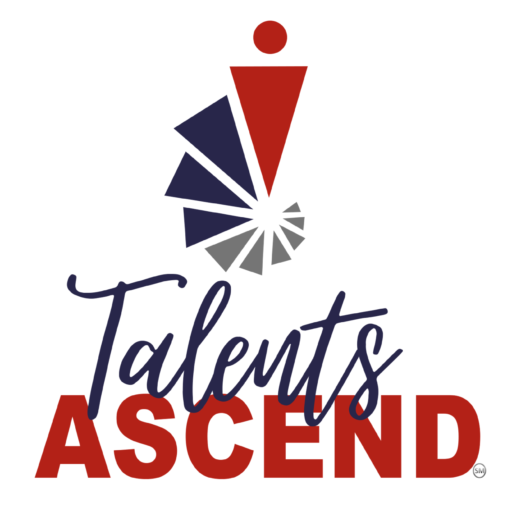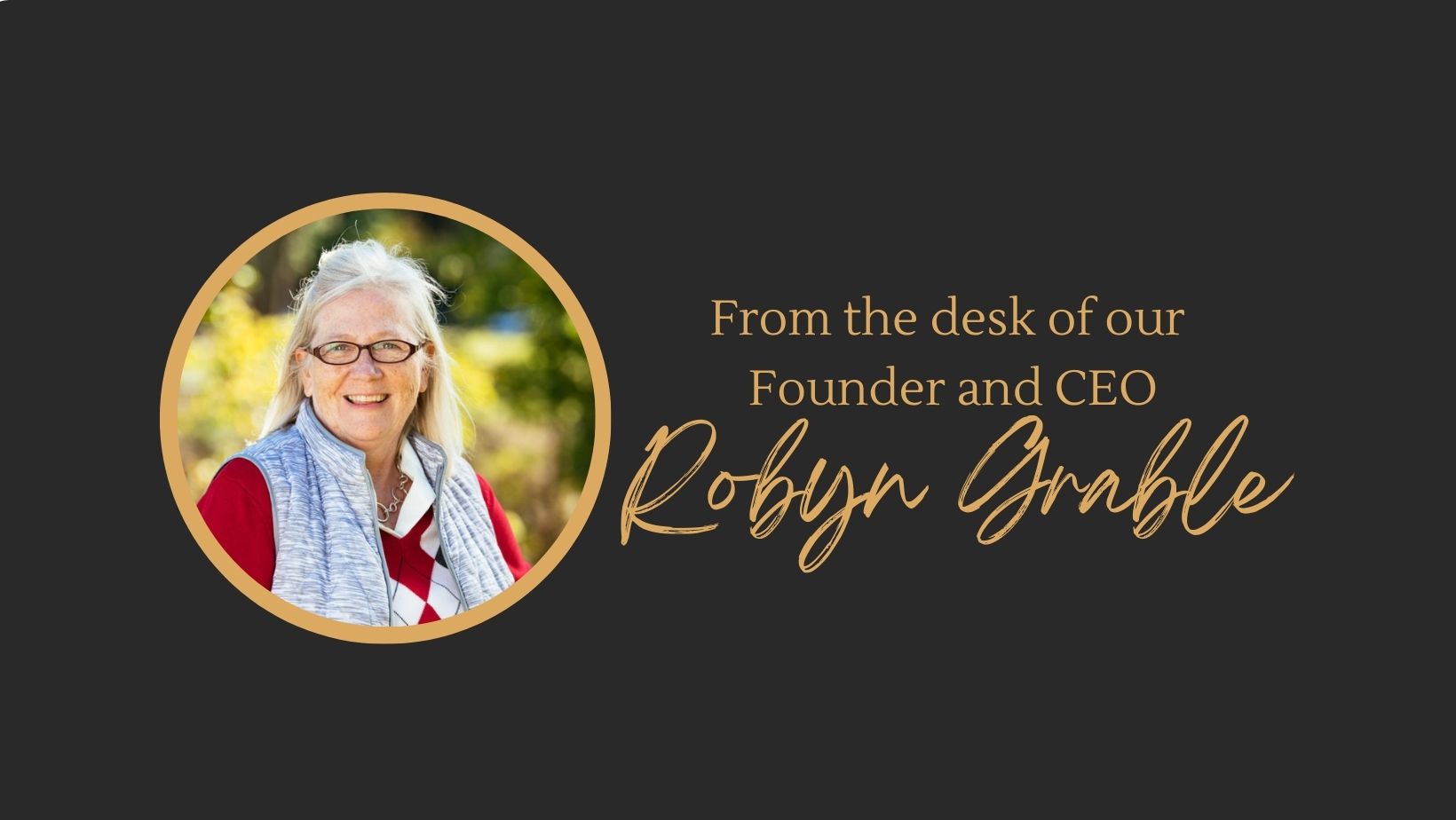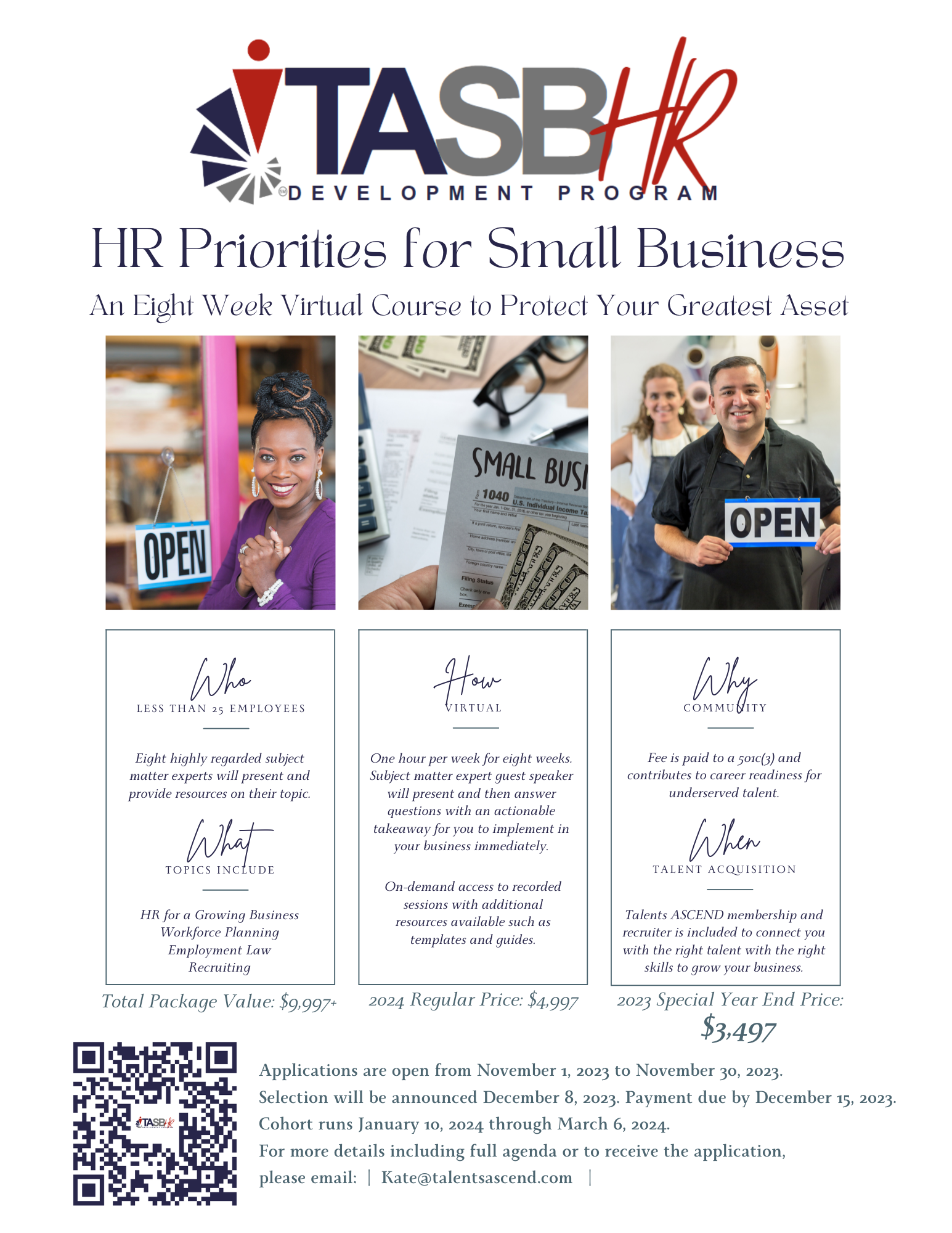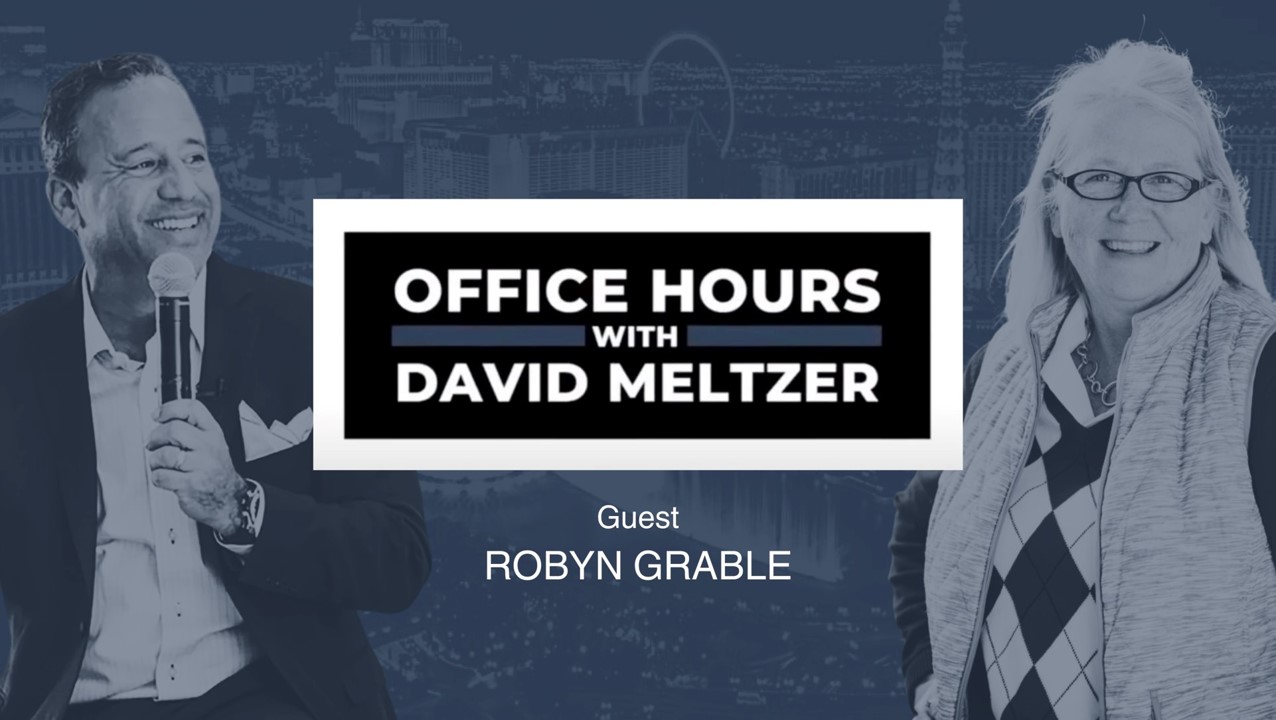November is National Military Family Month. Since its declaration in 1996, this special month has served as a reminder of the challenges that military families face every day.
It wasn’t until many years after I served in the Navy and stationed in Keflavik, Iceland for two years, did I realize while I was having fun and doing my job, my family back home in Indiana had an empty seat at the dinner table. I wasn’t there to celebrate birthdays or holidays. It was harder on them than me.
My sister was only 14 when I enlisted and left home, my little brother only 7. They didn’t really understand where I was or why, they just missed me. Missed me being there to talk with or hug them.
With tens of thousands of military personnel deployed across the globe, their families have to endure hardships. When one member of the family joins the military, the entire family does, too. The family, however, has less idea what’s in store than their service member.
It’s extremely disheartening to note that a DOD study in 2022 shows one in four military families face food insecurity. When you consider the number of families in the United States that require two incomes, but military spouses have unemployment rates of 22% it becomes easier to understand why.
Due to problems with childcare, barriers to remote or consistent careers, some spouses chose not to work and therefore aren’t even counted in unemployment numbers. Others may be stationed in a country where restrictions make it impossible to continue employment even in this era of remote work.
All of this impacts the financial health of the military family and serve as reminders of the importance of supporting military families. Think about this: service members will choose to leave military service if their spouse cannot secure gainful employment, or they can’t afford to put food on the table. Think about that in terms of national security. What can you do?
That brings us to the other celebration this month. It’s also National Career Development Month. A celebration of professional growth, self-exploration, and skill-building. What can you do?
Seek out military spouses (Talents ASCEND can help with that). Find ways within your organization to recognize and appreciate military families. Ensure that military spouses have career development opportunities no matter where the military requires them to go.
It’s not special treatment (although don’t get me started on the fact that we (yes, I am a former military spouse) so WE deserve it. We will work harder, solve more problems, faster, bring more innovation, resilience and dedication.
Providing career development and steady career paths for military family members will be one of the best investments you can make in your company, your community and your country.
PARTNERSHIP HIGHLIGHT

We are proud to be a partner of TwelveMillionPlus, a safe, digital home for millions of military spouses who are the center and grounding force of their families and local communities. This milspouse community welcomes all verified active duty spouses, veteran spouses, & retiree spouses.

Be the CEO of your transition
Eric Brew
Warriors Set Free and Vet S.O.S Podcast
What if I told you, you were the CEO of your transition? What if I told no one should be more invested in you successfully navigating your transition than you? Would that change the way you view this season of your life?
I hope so! Although there are plenty of procedural and emotional similarities for many of us as we navigate life’s transitions and the job search process, we each walk out these moments in life differently. Our career paths are uniquely different, our experience and education levels vary, our timelines are not the same, our families and life situations are diverse, and our ideas of success are all distinct.
The bottom line is this transition belongs to you and no one should be more invested. No matter how many organizations assist you or what individuals work with you, there is only one boss, and the buck stops with you. The freedom in that is terrifying right? I remember.
As I navigated my transition from the military, I remember wishing the Army would just tell me where my next job was, when I was supposed to be there, and what my position would be. There was so much comfort in that. And, in the very next moment, I found myself ecstatic at the thought of no one making those decisions for me ever again. And then, the fear of the freedom would kick in and we were right back to square one. It was such an emotional rollercoaster.
As I worked to build my transition plan, it dawned on me that the idea of me being in charge wasn’t going away. I realized I was the one who had to decide what was next. I had to pick where I was going to live. I had to advocate for myself in salary negotiation. It was all up to me. So, I hired myself. I looked myself in the mirror one day and said, “You’re hired”. I needed to give myself that control.
As you traverse your own unique path and your own distinctive transition, put yourself in the driver’s seat. Be hungry for the information that will lead to your version of success and happiness. Be invested in your path. Surround yourself with people and organizations that will make a real difference and assist you as you navigate your transition. And as you select those who will invest in your transition, be selective and do your research. It’s time to think of yourself as the hiring manager in this process.
You started your small business for a reason. You don’t want to lose it because your offer letter to your first employee didn’t comply with state laws.
🔊 40% of small businesses are fined an average of $845 per year for tax compliance issues.
🔊 A non-existent or outdated employee handbook can lead to costly legal problems.
🔊 Of those small employers surveyed by ADP, 17% percent said they had been subject to an internal complaint, agency complaint or investigation, or lawsuit in the past 3 years.
The ASCEND Small Business HR – Hiring Priorities application is now open.
TASBHR is an 8-week virtual course designed for businesses with less than 25 employees to help mitigate risks as they begin to hire and grow their teams.
Learn more about the programYou started your small business for a reason. You don’t want to lose it because your offer letter to your first employee didn’t comply with state laws.
🔊 40% of small businesses are fined an average of $845 per year for tax compliance issues.
🔊 A non-existent or outdated employee handbook can lead to costly legal problems.
🔊 Of those small employers surveyed by ADP, 17% percent said they had been subject to an internal complaint, agency complaint or investigation, or lawsuit in the past 3 years.
The ASCEND Small Business HR – Hiring Priorities application is now open.
TASBHR is an 8-week virtual course designed for businesses with less than 25 employees to help mitigate risks as they begin to hire and grow their teams.
Learn more about the program





